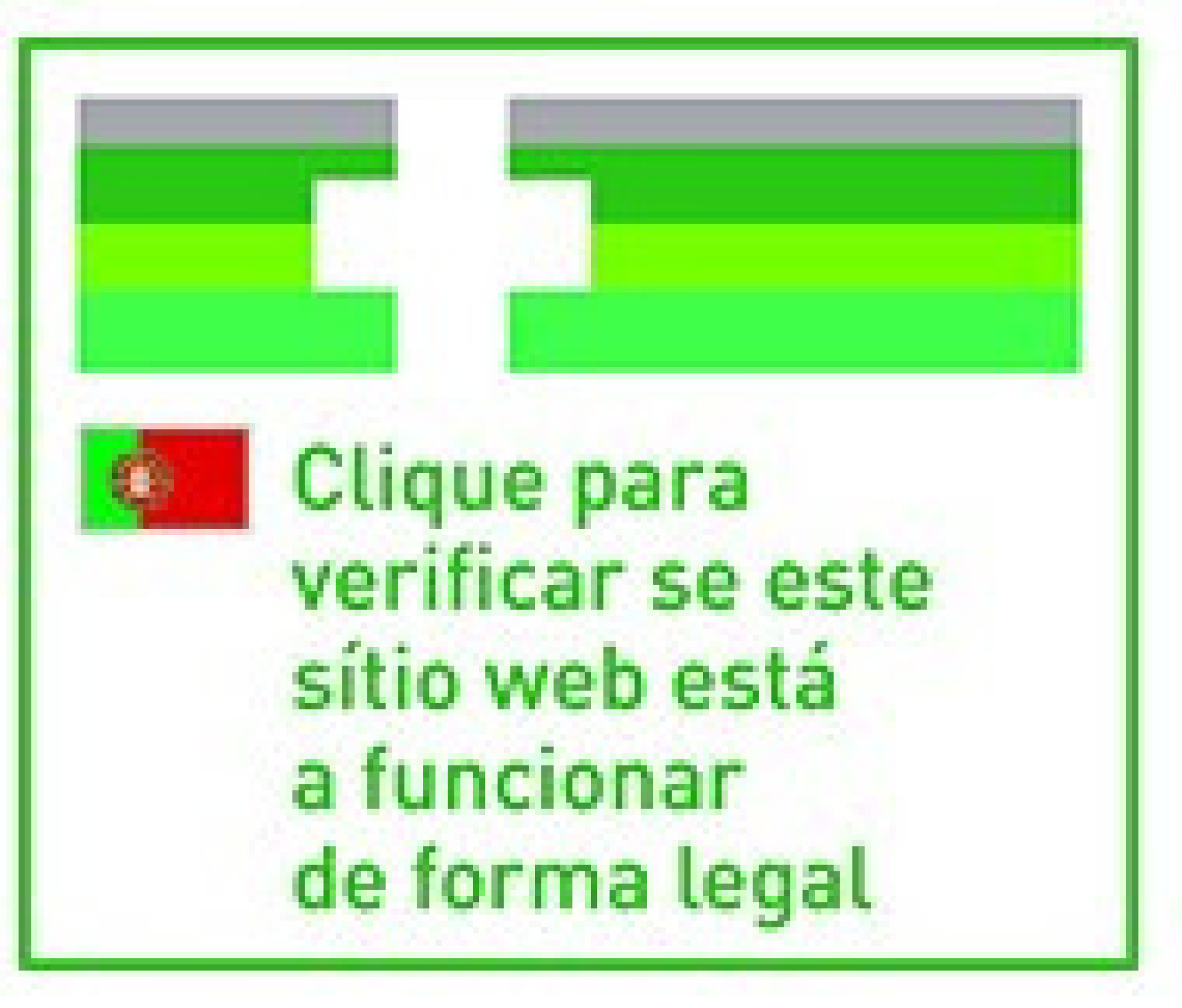The National Authority of Medicines and Health Products (Infarmed) issued a warning on Friday regarding the sale of illegal medications occurring through online fraudulent sites across the European Union.
The European Medicines Agency (EMA) and the Heads of Medicines Agencies (HMA), which include Infarmed, alert the general public to the growing threat of advertising and selling illegal medications via the internet across the European Union (EU), according to a statement published on their website.
Infarmed explains, “there has been a sharp increase in the illegal marketing of medications presented as GLP-1 receptor agonists – such as semaglutide, liraglutide, and tirzepatide – intended for weight loss and diabetes treatment.”
The authority notes that the products in question are being sold “through fraudulent sites and promoted on social media,” and that the medications are unauthorized and do not meet “required standards of quality, safety, and efficacy, posing a significant health risk.”
Infarmed highlights warnings from both EMA and HMA, stating that “these illegal products pose a serious public health risk because they may not contain the indicated active substance and might contain dangerous levels of other substances.”
Besides compromising the effectiveness of treatments, individuals consuming these kinds of medications are thus exposed “to severe health issues and potentially harmful interactions with other medications.”
For consumers: What should they watch out for?
The note published by Infarmed provides several pieces of information, including what consumers should look out for to identify an illegal medication and other “essential information for consumers.”
Here is the essential information provided by Infarmed:
- All prescription medications can only be sold in pharmacies;
- Medications presented as GLP-1 receptor agonists – such as semaglutide, liraglutide, and tirzepatide – are prescription medications and can only be sold in pharmacies;
- There are non-prescription medications exclusively sold in pharmacies and, therefore, can only be sold in pharmacies;
- All other non-prescription medication (MNSRM) can only be sold in non-prescription medication sales locations (LVMNSRM) licensed by INFARMED, I.P.
What are the warning signs of detecting an illegal medication?
A product is likely illegal if:
- It is advertised as “approved” or “recommended” by a national authority or displays logos of a national authority or the EMA. Even if some sites may include the logo of the competent regulatory authority in the national territory, users should verify the presence of the EU common logo;
- It is sold through unofficial sites or social media platforms;
- It is presented as superior to authorized treatments without scientific proof;
- It is not available in licensed pharmacies or through healthcare professionals;
- The selling site lacks the EU common logo or is not on the national registry.
How to verify if sites are legal?
In the same note, Infarmed highlights how the EU has introduced “a common logo appearing on the websites of all authorized pharmacies and LVMNSRM,” intended “to help the general public identify legal online medicine sales points.”
“On those sites, the logo includes a link to the State-Member’s competent authority website – in Portugal it is INFARMED, I.P. – where it is possible to consult the authorized pharmacies and the licensed LVMNSRM,” the statement reads.

Infarmed details that “if the site where you intend to purchase the medication or health product does not display this logo [above], or if the logo does not include the respective link to the competent State-Member authority’s website, or if it is not on the national registry, then it is a fraudulent site operating illegally.”
“In Portugal, purchasing medications online is only possible on the sites of pharmacies and LVMNSRM,” the statement notes. All essential information about authorized medications in Portugal can be consulted in the INFOMED database.




